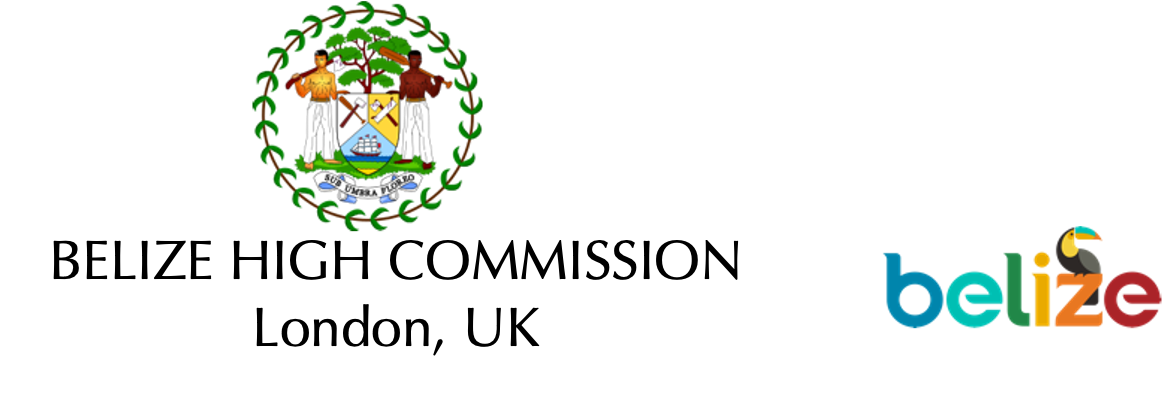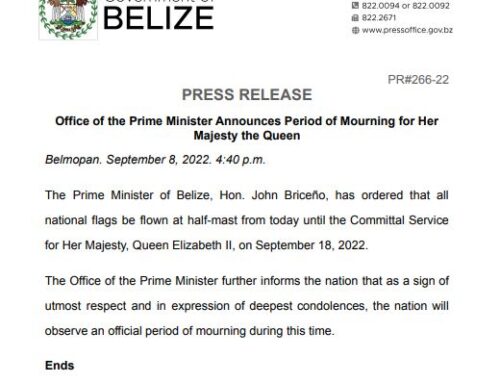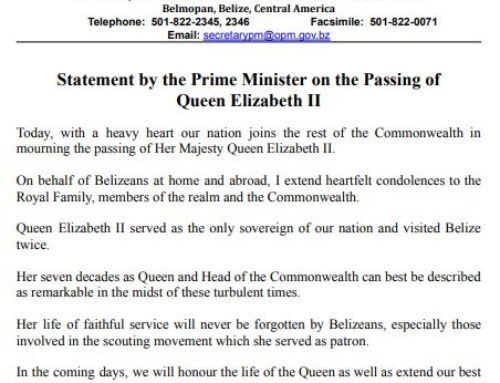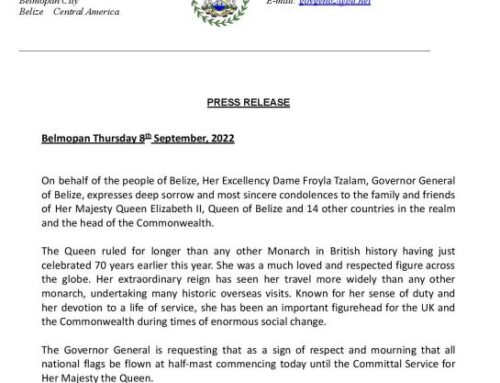The Government of the United Kingdom announced new support to help contain the spread of COVID-19 in the Caribbean. This support includes £3 million to the Pan-American Health Organisation (PAHO) for the provision of essential medical supplies and management support to help public health systems around the region combat the virus. A further £2 million will be used to scale up assistance for the most vulnerable households, and to help counter domestic violence against women and children.
UK Minister for the Caribbean Baroness Sugg said: “The UK Government is committed to supporting our Caribbean friends and partners through this crisis. We all face unprecedented challenges with COVID19, and UK assistance is supporting vulnerable health systems in the Caribbean and across the world – to save lives, protect vital services and reduce the risk of future waves of infection globally. In addition to our multi-million funding to UN agencies and the WHO that benefits the Caribbean, this direct regional support will help Caribbean countries to cope with the coronavirus crisis, mitigate the wider social and economic impacts and protect the most vulnerable. The UK stands with you in these difficult times”.
As part of its wider response to COVID-19 in the region, the UK is also reallocating resources from its £400 million development programme to help tackle the crisis and – 2 – support countries that are most at risk. The UK is providing support to the Caribbean Disaster Emergency Management Agency (CDEMA) Regional Response Mechanism (RRM). This includes COVID-19 modelling and surveillance products for participating states being developed by University of the West Indies, through the George Alleyne Chronic Disease Research Centre.
As a leading donor to international efforts to slow the spread of coronavirus, the UK is taking urgent and essential global action in response to this pandemic. This includes the UK government’s £744 million commitment to support global efforts to stop the spread of coronavirus, find a vaccine and save lives around the world. The UK government will continue to work with existing partners that are well placed to coordinate the regional and international response to the disease and help reduce the negative impacts on the economies and people of the region.
Contact: British High Commission Belmopan: Mellissa Rivero, +501 822 2147, mellissa.rivero@fco.gov.uk
Notes to editors
- DFID leads the UK’s work to help to tackle the global challenges of our time and is building a safer, healthier, more prosperous world. DFID Caribbean supports eight ODA-eligible Caribbean Countries: Jamaica, Guyana, Belize, Dominica, Grenada, Saint Lucia, Antigua and Barbuda, and St. Vincent and the Grenadines.
- This new programme is a tangible demonstration to the UK’s commitment to the Caribbean.
- The UK has so far pledged £744 million of UK aid to end the coronavirus pandemic as quickly as possible. By preventing the virus from spreading in vulnerable countries, we will save millions of lives around the world and reduce the risk of future waves of infection.
- The UK is leading international efforts to develop a coronavirus vaccine. We have provided £250 million of UK aid to the Coalition for Epidemic Preparedness Innovations (CEPI) to rapidly develop a coronavirus vaccine, the biggest donation of any country.
- The UK has pledged £200 million to help global organisations and charities tackle coronavirus in vulnerable countries. This includes £130 million for UN appeals, including £65 million for the World Health Organization (WHO); £50 million for International Red Cross and Red Crescent Movement appeals; and £20 million for international NGOs, including UK charities, to tackle the virus.
- The UK has allocated £150 million to the International Monetary Fund’s (IMF) Catastrophe Containment Relief Trust (CCRT) to help developing countries meet their debt repayments so that they can focus their available resources on tackling coronavirus.




